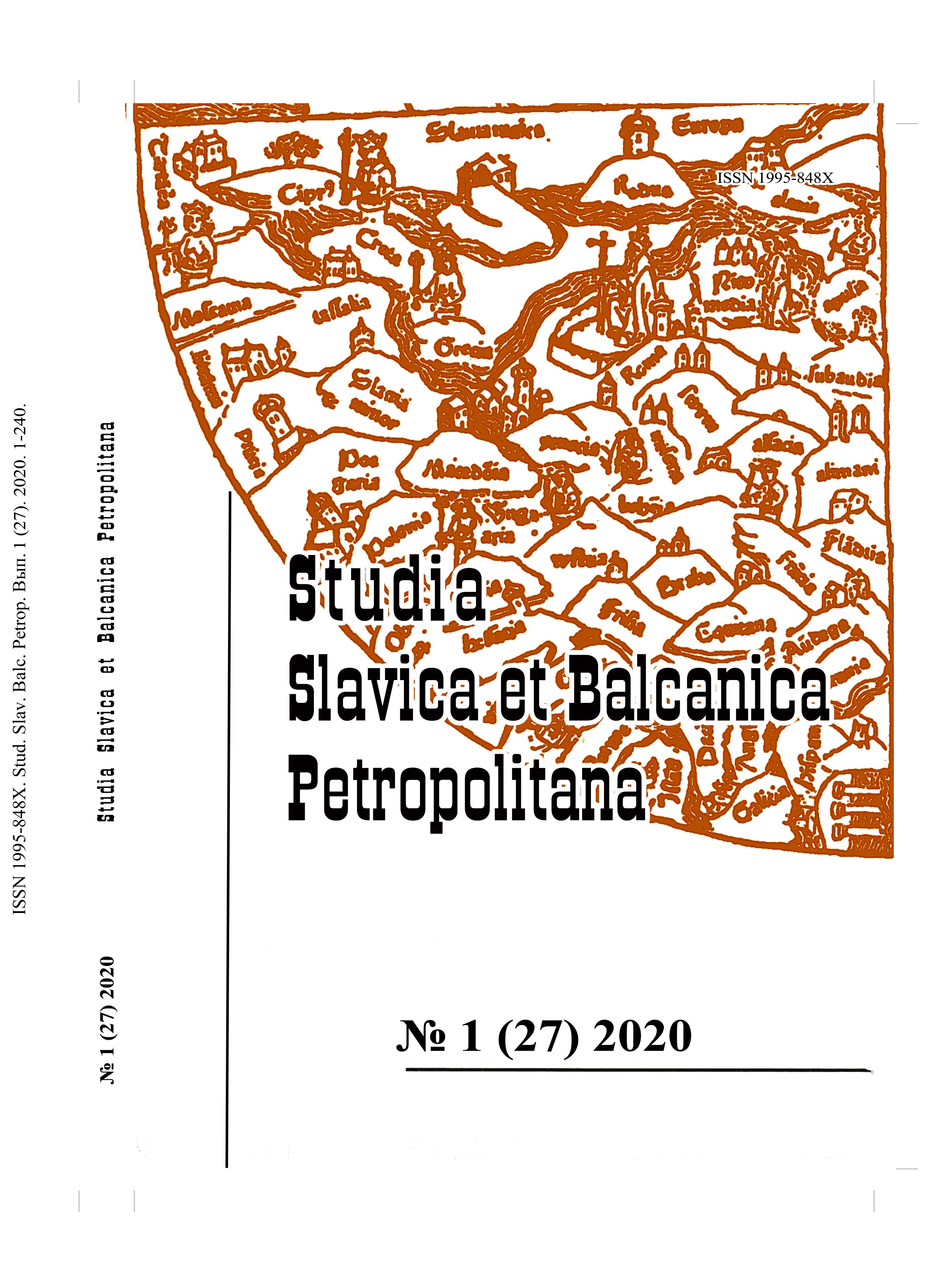Frontier research in present-day Russia: Shaky boundaries of the academic dialogue
Frontier research in present-day Russia: Shaky boundaries of the academic dialogue
Author(s): Dmitriy Vladimirovich Sen'Subject(s): History, Diplomatic history, Ethnohistory, History of ideas, Local History / Microhistory
Published by: Издательство Исторического факультета СПбГУ
Keywords: discussion; classification; Russian historiography; comparative studies; contact zones; borders; frontier; frontier theory
Summary/Abstract: The article analyses contemporary Russian scholars’ usage of the frontier concept in studies devoted to borders, borderlands, contact zones, and the history of Russian development of new lands. The author highlights controversial areas in such studies, including the features of frontier territories, the typology of Russian frontiers, and the search for counterparts to the term “frontier” in the Russian language and among Russian historical and geographical names. Cases discussed include Russian scholars deny the heuristic potential of the frontier concept for Russian history. Both the rhetoric of such authors and their sometimes far-from-scholarly system of arguments are analyzed. The author considers problems and perspectives of frontier theory in comparison with a similar situation in Ukrainian and American historiography. The modern efforts of scholars from different countries to study lexical analogues of the concept of “frontiers” in order to explain the historical and cultural local specifics of various territories were analyzed. At the same time, some explorers are offering to refuse of this concept in research practices. Attention is drawn to reasons why this theory is especially actively used by representatives of various regional academic centers in Russia. The common and distinctive features of studies in the history of various Russian frontiers are characterized. The most prominent among those frontiers are the Siberian and the southern (North Caucasian) frontiers. The article points out the connection between some development trends of frontier investigations in Russia and the interest growth to regional history, the history of the Russian state expansion and the borders formation of foreign policy. The author draws attention to a new generation of studies which has developed under the influence of the frontier theory. They have significantly transformed the state of academic humanitarian community of the South of Russia, a community that is quiet conservative in relation to modern scientific concepts. Finally, perspective topics were proposed for further use of the frontier concept in research on the history of Russia.
Journal: Петербургские славянские и балканские исследования
- Issue Year: 2020
- Issue No: 1 (27)
- Page Range: 66-80
- Page Count: 15
- Language: English

